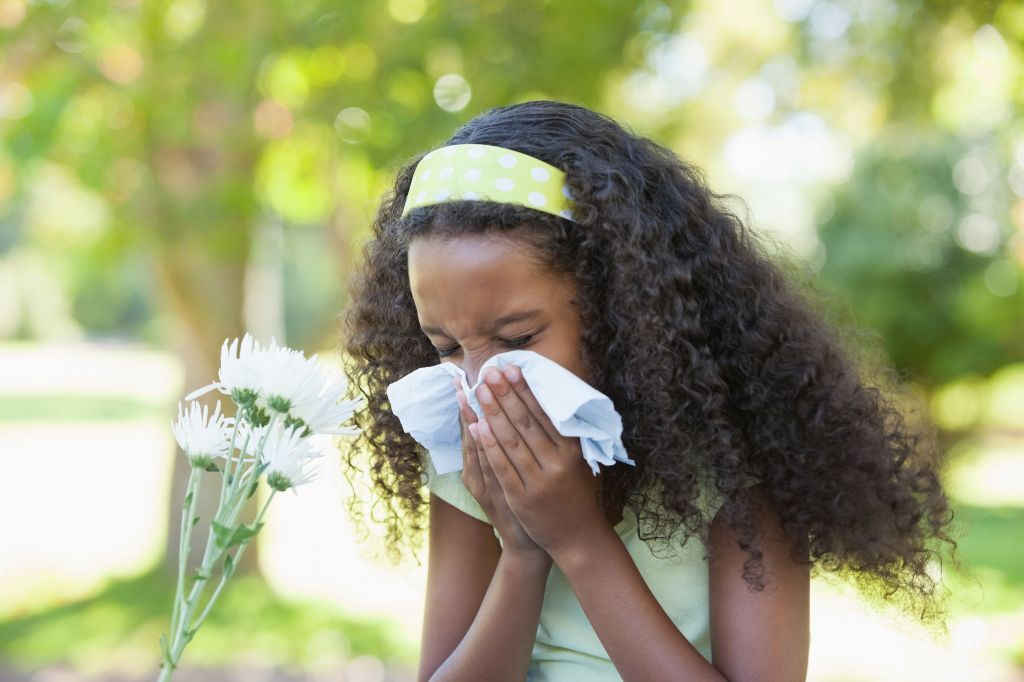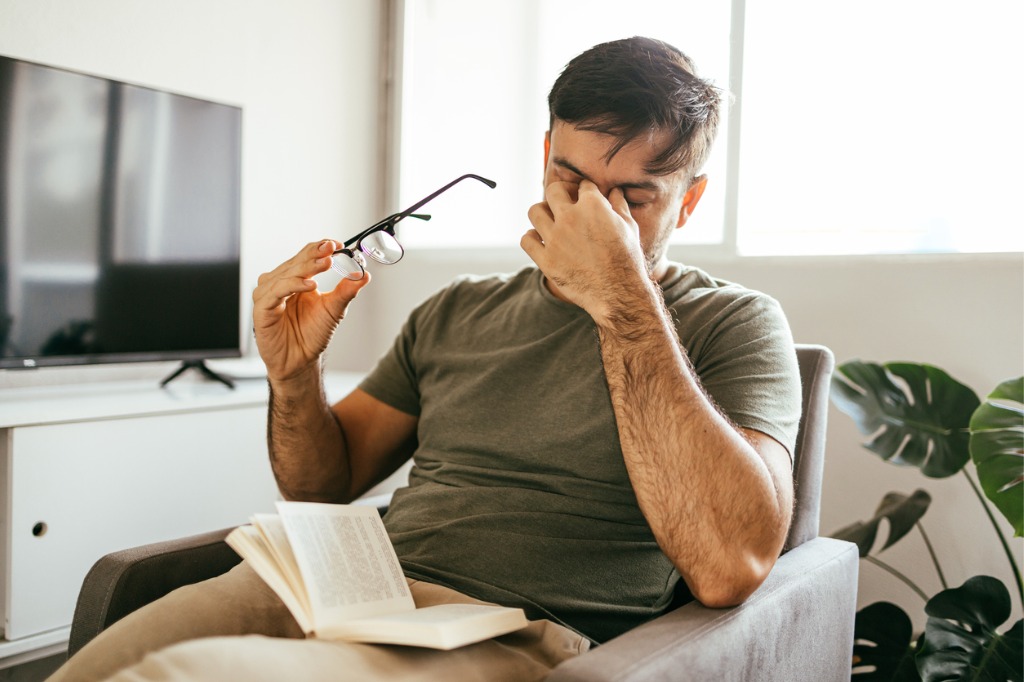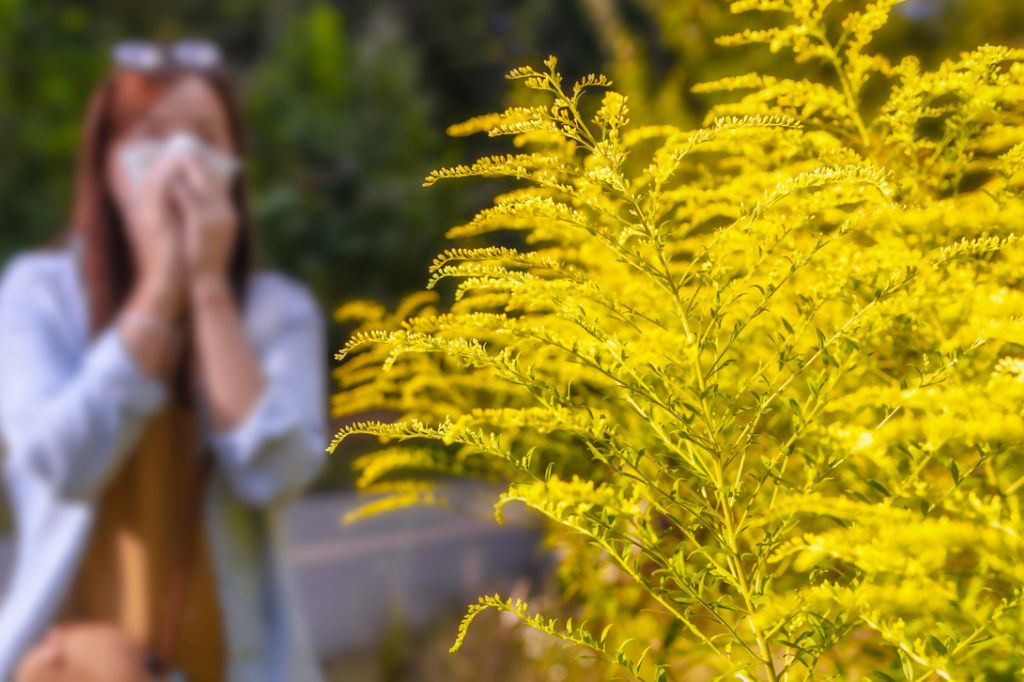
Allergies in Children: Early Signs and Effective Management
Imagine watching your child struggle with relentless sneezing, itchy eyes, or mysterious rashes and feeling helpless about how to ease their discomfort. Allergies in children are not just a seasonal nuisance. They can significantly affect their daily lives and overall well-being. With more children diagnosed with asthma and allergies, understanding the early signs and effective management strategies has become crucial for parents.
Early Signs of Allergies in Children
Identifying allergies in children at an early stage can greatly improve their quality of life and prevent potential complications. Parents and caregivers should be vigilant in noticing their children’s chronic or recurring symptoms. Recognizing these early signs allows for timely medical intervention and the development of effective management strategies. These early signs may include:
- Frequent sneezing
- Itchy, watery eyes
- Runny or stuffy nose
- Chronic coughing
- Skin rashes or hives
- Shortness of breath or wheezing
- Upset stomach or digestive issues
- Swelling of the lips, face, or tongue
Effective Management of Allergies
Effectively managing allergies in children involves adopting a multifaceted approach that addresses their specific triggers and minimizes exposure to allergens. By combining medical treatment, lifestyle adjustments, and proactive measures, parents can help alleviate their child’s symptoms and enhance their overall well-being. It’s important to stay informed about potential allergens, how they affect children, and the best strategies to mitigate these impacts.
Identifying Triggers
Recognizing the early signs of allergies in children is crucial for timely intervention and effective management. Allergies can manifest in various ways, often resembling common illnesses, making it important to identify specific allergy symptoms. Recognizing these triggers can help in creating an allergy-free environment for children and minimize their exposure to allergens. Here are some common allergy triggers that can affect children:
- Pollen: From trees, grasses, and weeds
- Pet Dander: Shedding skin cells from pets like cats and dogs
- Dust Mites: Tiny insects found in household dust
- Mold: Indoor and outdoor mold spores
- Certain Foods: Such as peanuts, eggs, milk, soy, wheat, fish, and shellfish
- Insect Stings: Bees, wasps, and other stinging insects
- Medications: Including antibiotics and over-the-counter drugs
- Latex: Common in balloons, gloves, and some toys
- Secondhand Smoke: Exposure to cigarette smoke and other pollutants
Creating an Allergy-free Environment
Creating an allergy-free environment for children requires meticulous attention to both indoor and outdoor settings. Start by maintaining a clean home, regularly vacuuming carpets and soft furnishings, and using air purifiers to reduce airborne allergens. Ensure bedding is washed frequently in hot water to eliminate dust mites, and consider using allergen-proof mattresses and pillow covers.
Minimize the presence of pets in bedrooms and regularly bathe them to control pet dander. Outside the home, teach children to avoid known allergy triggers and promote the use of protective clothing and insect repellent when necessary. Additionally, collaborating with schools to implement allergen-free zones and comprehensive allergy management plans can further protect children and provide peace of mind for parents.
Medical Treatments and Interventions
Medical treatment is often necessary to effectively manage allergies in children. After identifying the specific triggers, doctors may recommend various medications and interventions to control symptoms and prevent allergic reactions. The following prescription and over-the-counter options may be recommended.
Over-the-counter Medications
For children with mild allergies, over-the-counter antihistamines, decongestants, and nasal sprays may be enough to relieve symptoms. These medications work by blocking the effects of histamines that cause allergy symptoms like sneezing and itching. Before giving any over-the-counter medications to children, it’s essential to consult with their pediatrician or an allergist.
Prescription Medications
For more severe allergies, doctors may prescribe stronger medications such as corticosteroids or leukotriene modifiers. These drugs help to reduce inflammation and prevent allergic reactions. In some cases, allergy shots (immunotherapy) may also be recommended to desensitize children to specific allergens over time. Again, discussing the potential risks and benefits of any prescription treatment with a medical professional is crucial.
Find Relief for Your Child With Northeast Allergy
At Northeast Allergy, we specialize in diagnosing and managing allergies in children, providing comprehensive care tailored to your child’s unique needs. Our team of experienced allergists is dedicated to helping your child find relief and achieve a better quality of life. Take the first step towards effective allergy management by booking an appointment with Northeast Allergy.



